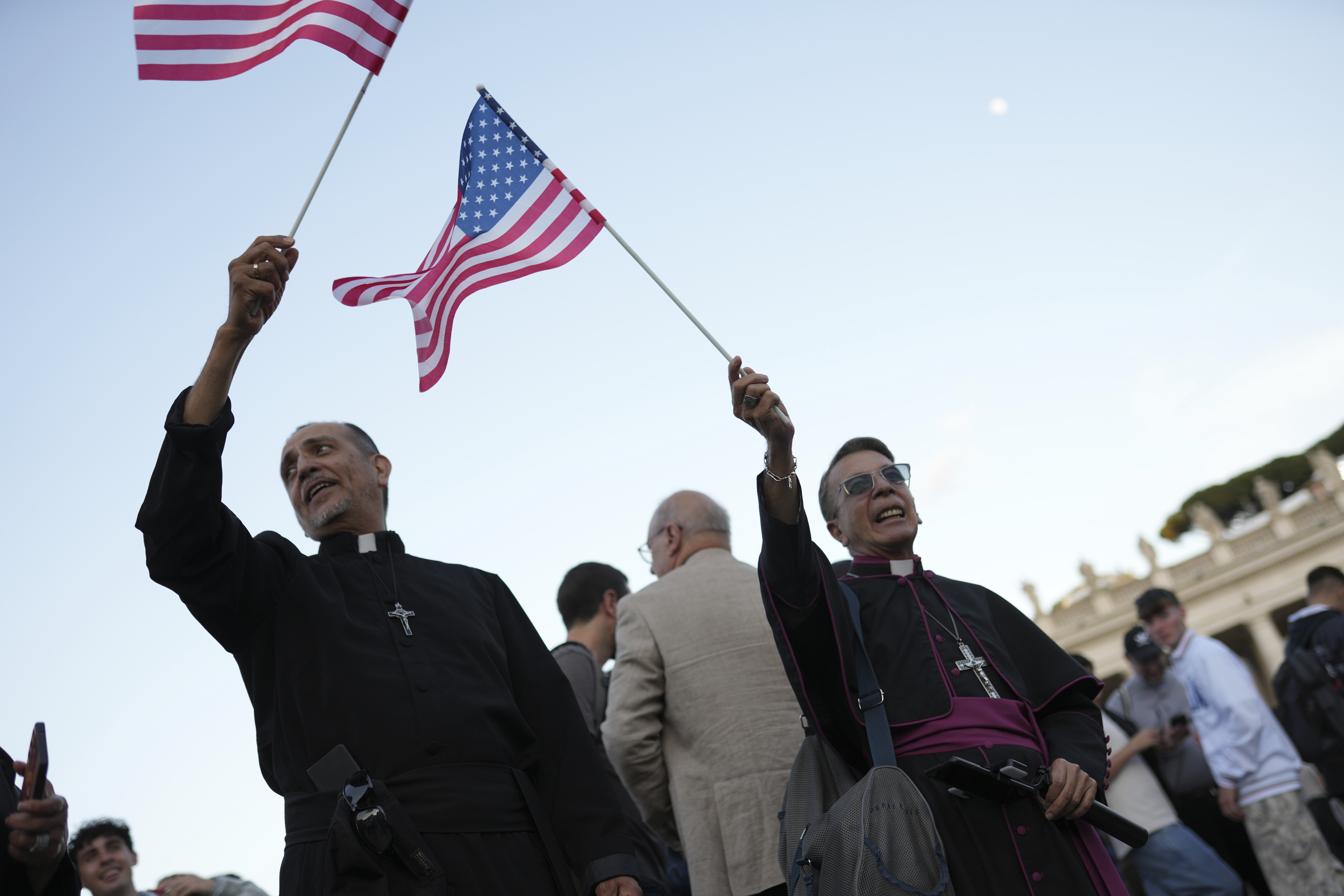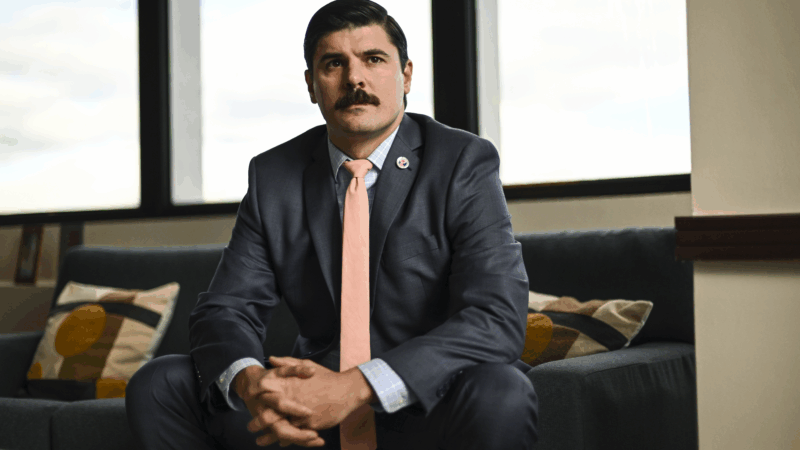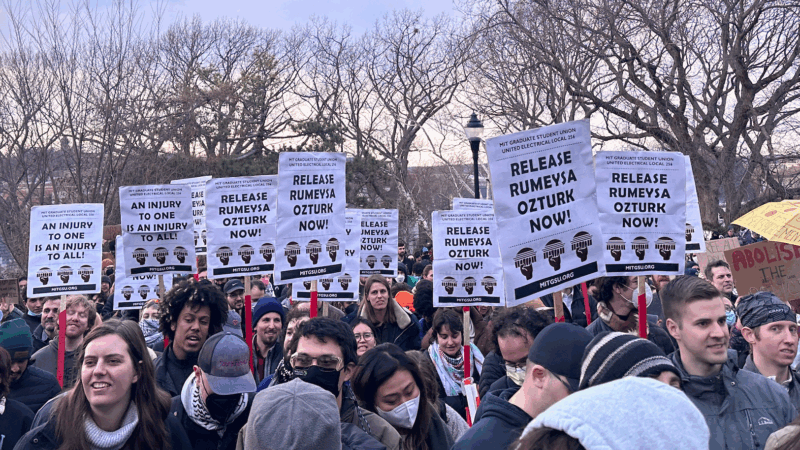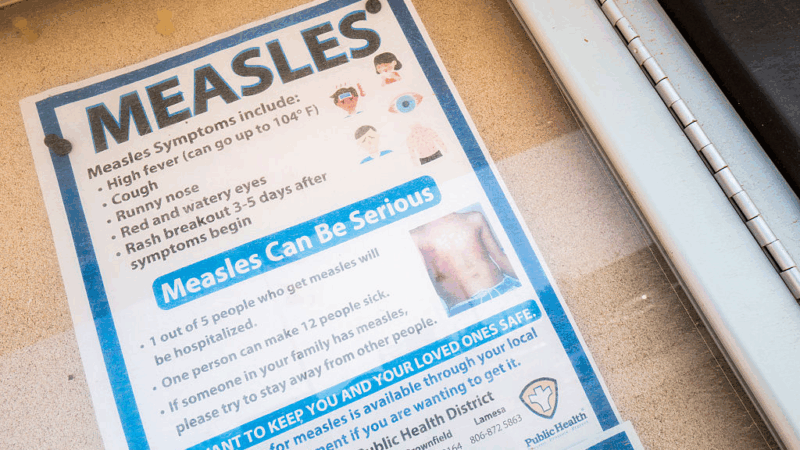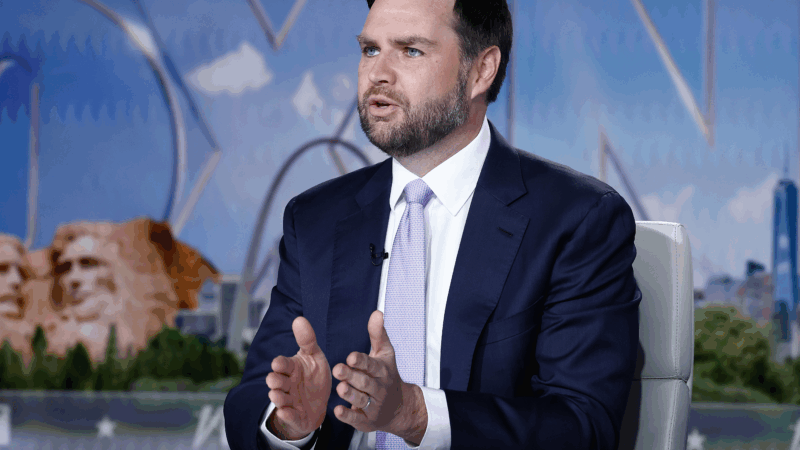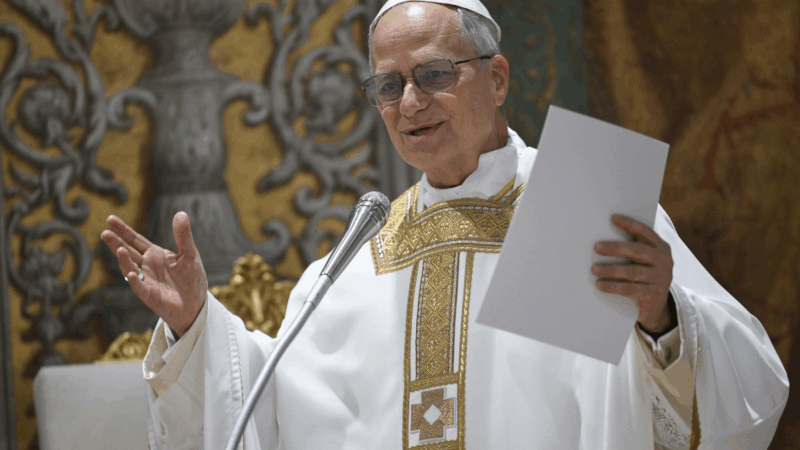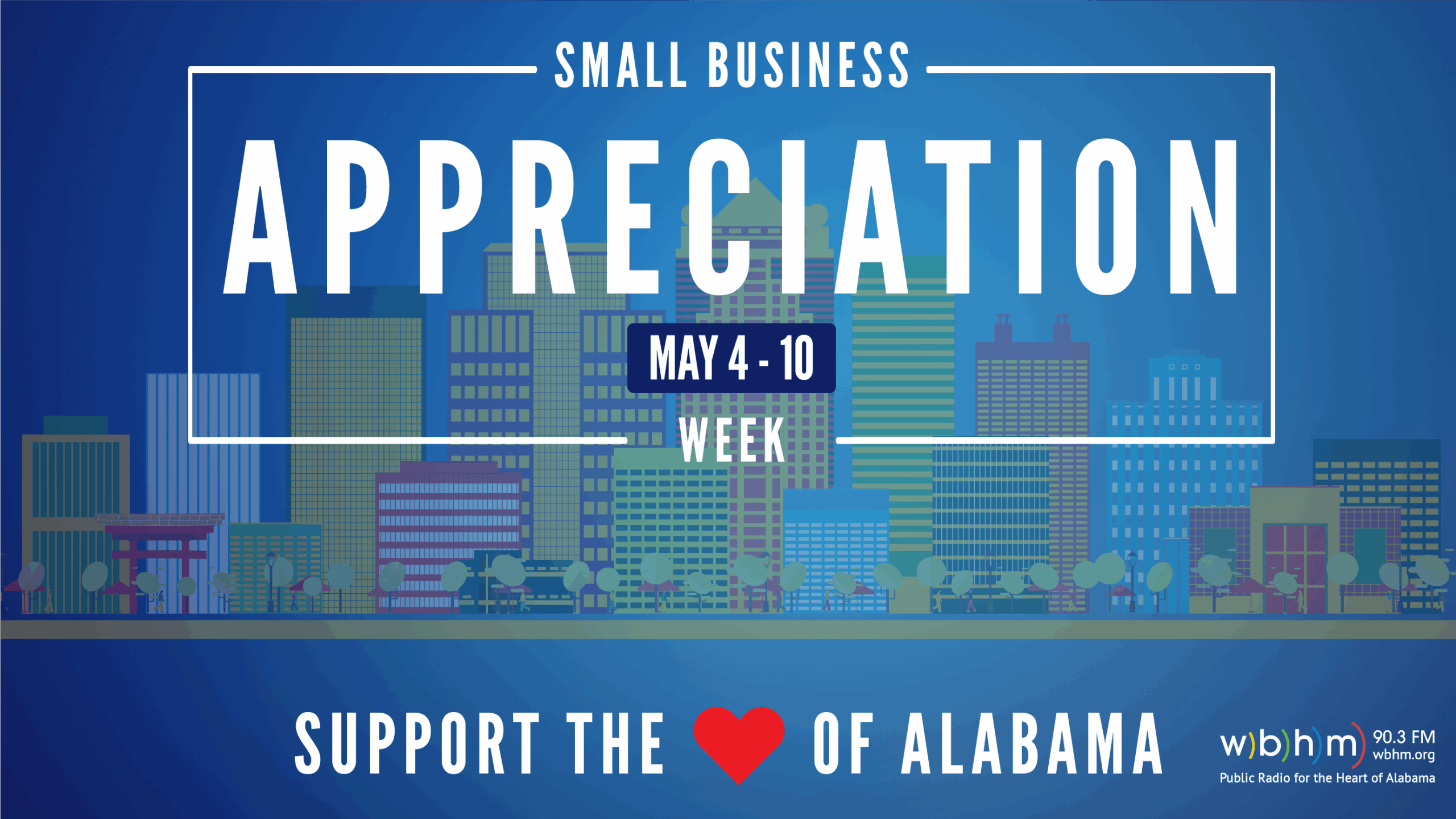Ivey Won’t Debate Maddox. Do Voters Care?
Political debates can be fiery and emotional. They can reveal a lot about a candidate, including how he or she acts under pressure. And they’ve become an issue in the Alabama governor’s race.
Republican Gov. Kay Ivey has refused to debate her Democratic opponent Walt Maddox. Ivey says no one but her opponent and the media even care. She says voters can judge her on her record in office. But do voters care if there’s no debate?
On a recent afternoon at O’Henry’s Coffee in Homewood, politics is not on the minds of folks chatting with friends or tapping on laptops. Of the 16 people interviewed, only five even knew about Ivey’s refusal to debate.
Homewood resident Julie Stutzman hadn’t heard about it. But having just given birth 3 weeks ago, she’s been a little preoccupied. She echoes a common theme.
“I would be skeptical of any candidate, cause I would want to know, well, why are you not willing to express what you stand for?” Stutzman says. “How am I supposed to know if you really stand on your convictions?”
Another woman at the shop says a candidate refusing to debate “seems shady.” A couple of people say they would think less of that person. Two men explain it doesn’t matter to them. One says he doesn’t care about politics. The other says debates are just theater anyway.
Joel Busby of Homewood says Ivey’s decision speaks to the current political atmosphere, with everyone clinging to their own tribes, unwilling to engage others.
“It’s not necessarily about doing things that support the common good in any way,” Busby says. “A lack of the desire to have a civil discourse which is the kind of thing a democracy actually demands.”
It’s not unheard of for candidates, particularly incumbents, to avoid debates. In Mississippi’s special Senate election this fall, two of the four candidates, including the incumbent, refuse to debate. An NBC/Marist poll last month found 57 percent of Mississippians would view a candidate who refused to debate unfavorably.
Lehigh University political scientist Jennifer Jensen says debates are important to some voters, but most don’t watch them. Debates don’t hold the venerated place they once did in political life.
“We have so many different media outlets today for candidates that the controlled forum of debates doesn’t have the caché that it used to and it doesn’t have the significance,” Jensen says.
Iowa State University political science professor David Andersen says in the end, debates don’t move results much — just two to four points, “which in a competitive election can mean a lot,” he says. “But in a state like Alabama where presumably the incumbent Republican is probably double digits ahead of their opponent, it’s not that important.”
Alabama has now had two gubernatorial elections in which the Republican incumbent has refused to debate his or her opponent. Andersen says that could set a new normal.
“Suddenly gubernatorial debates become something unusual, that people don’t remember, they haven’t seen in a long time,” Andersen says. “Suddenly debates may just fall off the radar completely.”
Barbara Caddell, president of the Alabama League of Women Voters, is sad and disappointed at the lack of a debate. The group has championed candidate debates for years. The group canceled a gubernatorial forum after it received no response from Ivey’s camp. Caddell says she believes the public cares.
“I think that sometimes people get disengaged because they look around and don’t see that candidates are addressing concerns that they are interested in,” Caddell says. “But I don’t think they don’t care.”
Caddell says the league still educates residents through its online voter guide. As of a week before the election, Democrat Walt Maddox’s answers to the group’s issues survey was on the website. Republican Gov. Kay Ivey still had not responded.
Pope Leo XIV may help Vatican explore the ‘great uncertainty’ that is Trump’s America
For close watchers of the Catholic Church, the election of a U.S. pope seemed impossible. The "Trump effect" on the U.S. and global order changed that, papal expert Massimo Faggioli told NPR.
Trump fires all 3 Democrats on the Consumer Product Safety Commission
The Consumer Product Safety Commission works to protect Americans from dangerous products and issuing recalls and warnings. It's the latest attempt by Trump to exact control over independent agencies.
Tufts student Rümeysa Öztürk ordered freed from immigration detention
Rümeysa Öztürk, a Tufts University doctoral student, was ordered released by a federal judge in Vermont in the latest setback for the Trump administration's effort to deport noncitizen activists it accuses of antisemitism.
Measles math: What to know about 1,001 measles cases across the country
The U.S. Centers for Disease Control and Prevention updated the numbers of measles cases in the country on Friday. Here's what they say and what it means for public health in the U.S.
Vice President Vance says India-Pakistan fighting is ‘none of our business’
Vice President Vance said the fighting between India and Pakistan was "fundamentally none of our business." Experts say the U.S. used to work hard to de-escalate crises between the nuclear states.
Pope Leo’s stance on key issues, from climate change to LGBTQ+ rights to U.S. politics
Pope Leo is seen as a centrist who shares his predecessor's progressive views on certain social issues. Here's what we know so far.


